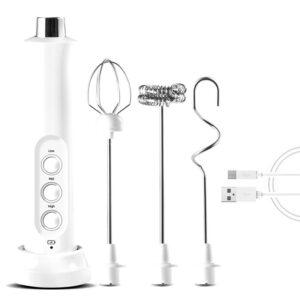FDA is committed to continuing to work with states and Indian tribes that seek to develop an importation proposal under section 804 of the Federal Food, Drug and Cosmetic Act.
Reducing the burden on states: Cost savings analysis
FDA intends to work with other divisions of HHS to help reduce the burden on states and tribes when demonstrating how a proposed section 804 importation program (SIP) will result in a significant reduction in the cost to American consumers of the eligible prescription drugs the state or tribe seeks to import.
This demonstration must include any assumptions and uncertainty, and it must be sufficiently detailed to allow for a meaningful evaluation of the SIP proposal. These assumptions can include current cost data if the date of the cost data collection is specified in the proposal. If the data support a determination that the proposal has demonstrated cost-savings, then the state or tribe will not need to update that data while the SIP proposal is under active FDA review.
Baselines and assumptions
States and tribes may be able to utilize a static baseline approach for the cost-savings analysis rather than accounting for anticipated trends in markets that are not always predictable at the time the analysis is completed. This approach could include static assumptions for variable economic factors such as:
- domestic and foreign prices
- exchange rates
- tariff rates
Future costs consideration
Cost savings analyses can be impacted by a number of variables that are not always predictable. Nonetheless, SIP proposals consider various sources of uncertainty, including U.S. pricing, exchange rate fluctuations and other factors that may influence future pricing such as the potential loss of marketing exclusivity for a given pharmaceutical product drug.
However, a state or tribe may seek to address this uncertainty, for example, by specifying in their SIP proposal that they intend to compare prices of eligible drugs at the time of sale and only purchase drugs that provide a particular margin of savings. Cost-savings analyses could reference this intention as part of a discussion of assumptions made regarding the variables considered in the analysis and explanation of cost savings to allow for a meaningful evaluation. This could help reduce the burden of extensive or ongoing analyses.
Impact of tariffs on cost-savings
States may choose to generally identify tariffs as an area of uncertainty or, as appropriate, may assume that tariffs have a neutral impact for the purpose of section 804 demonstration of cost-savings. For example, states could either assume constant tariff rates or omit consideration of a tariff on section 804 drugs imported from Canada entirely.
New informational meeting available to states
FDA is continuously assessing methods to improve communication with states and Indian tribes to strengthen the SIP proposals that are submitted to the agency. States and tribes may request an informational meeting with FDA staff to obtain initial informal feedback from the agency prior to formally submitting their proposal. These meetings are designed to:
- Provide preliminary informal feedback from FDA to facilitate communication regarding program requirements
- Offer states and tribes the opportunity to submit documentation for preliminary feedback prior to formal submission
- Foster open dialogue to assist in the development of proposals
- Serve as informational sessions that do not result in final agency actions or opinions
These informational meetings are optional and are only available to states and tribes as potential SIP sponsors. States and tribes may also request meetings with FDA after SIP submission.
How to request a meeting
Contact SIPDrugImportsandRFP@fda.hhs.gov to request an informational meeting. Please include a general overview of the topics proposed for discussion and documentation for FDA’s review in the request.
-
Content current as of:
07/01/2025






